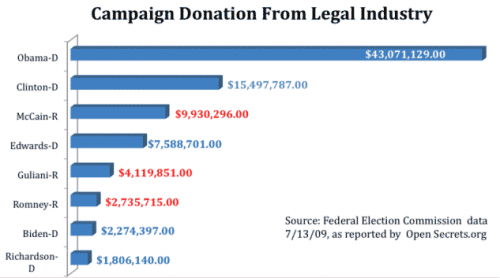Inherent Political Failure of Technocracy
Supporters of Obamacare argued that it would reduce costs because decisions to fund or not fund certain procedures and drugs would be left to panels of experts (later derisively labelled "death panels").
I have argued many times that these panel's job is hopeless. Solutions and products that may be right for one person may be a waste for another situation, and there is absolutely no way they have the information or the scope to make decisions with any kind of granularity. One-size-fits-all solutions result.
But let's hold that thought for a minute. Let's presume that these supposedly non-political boards will make near-perfect decisions. Then what? Those decisions become the law of the land?
Hah. We have a parallel situation in the military, where DoD procurement supposedly acts as the disinterested expert, which Congress frequently ignores to pay off various constituencies.
If Congress is looking for New Year's resolutions, it could start by breaking the habit of funding programs the government doesn't want. A case in point is the attempt to throw another $450 million at the development of a second engine for the F-35 Joint Strike Fighter, a plan that Defense Secretary Robert Gates says the military doesn't need.
In what has become an annual ritual, Congress is weighing whether one of the largest weapons programs in history should support the development of F-35 engines by both General Electric and Pratt & Whitney. In 2001, GE's engine lost in the procurement competition to the one designed by Pratt & Whitney, as F-35 developers Lockheed Martin and Boeing preferred the latter version.
To hedge its technological risk, the Pentagon nonetheless sought financing for the GE engine as a backup through 2006 in case the Pratt & Whitney version fell short. That hasn't happened, and as budgets have tightened the Pentagon has understandably decided that it needs only one engine design. As Secretary Gates put it, "Only in Washington does a proposal where everybody wins get considered a competition, where everybody is guaranteed a piece of the action at the end."
The Pentagon's opposition hasn't stopped Congress, where the usual parochial suspects are still stumping for GE. And the White House appears to be bending.
Of course they are -- the GE CEO carried a lot of water for Obama on health care and energy policy, and will be expecting a pay back. Someone has to be terribly naive to believe similar shenanigans won't take place with health care.
But we don't have to wait to test this hypothesis. The fifty states all have must-carry rules in their states, which have a lot more to do with political pull than science - more here and here.



